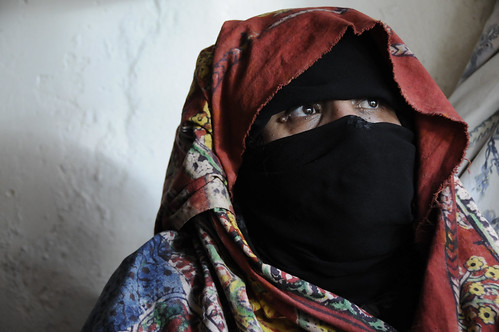
Earlier this week we provided an overview of the 2012 British Society of Middle Eastern Studies (BRISMES) conference. This post takes some of the highlights of the conference and provides a more in-depth look at some of the topics discussed.
Slavery in Mauritania
We begin by considering Mauritania, one of the few remaining countries where slavery is still a pressing issue.
Giuseppe Maimone of the Universty of Cagliari presented a paper on the fight against slavery in Mauritania, tracing its development from the early post-colonial era up to the events of the Arab Spring.
For more information on Mauritania:
* Sifting Through the Layers of Insecurity in the Sahel: The Case of Mauritania
* Mauritania 2010: Between Individual Willpower and Institutional Inertia
* Homepage of Mauritanian NGO SOS-Esclaves Mauritanie
The Turkish Model
Although it may be criticized for its dealings with its Kurdish population, Turkey is also being touted as an example of a modern, moderate Muslim state. As Peter Kenyon notes, Turkey is “a Muslim country that works.” But when it comes to emulating and exporting Turkey’s development there are questions as to whether a secular-democratic framework is palatable enough for its neighbors to adopt.
At BRISMES, Ogzhan Goksel presented a paper on whether the Turkish Model could be applied to other Middle Eastern societies. Based on his research, he concluded that certain socio-economic, cultural and political differences suggest that full application of the model may not be possible – but it still has a lot to offer in terms of guidance.
Panagiotis Andrikopoulos of Kadir Has University took a different approach in his paper. He argued that the Turkish Model has been discursively constructed – by Turkey and the US – to serve certain interests. For Turkey, this includes boosting its international standing and building on its global image.
For more information on Turkey:
*Turkey: East, West or Erdogan?
* Turkey and the Middle East: A Sub-Regional View
* Rising Tensions in the Eastern Mediterranean: Implications for Turkish Foreign Policy
* Turkey and the Middle East: Internal Confidence, External Assertiveness
For more information on issues and events that shape our world please visit the ISN’s Security Watch and Editorial Plan.

